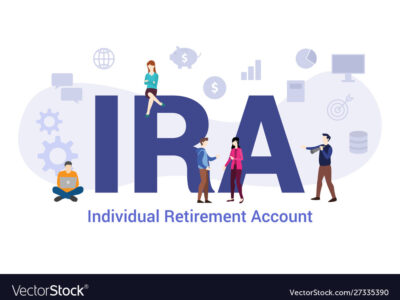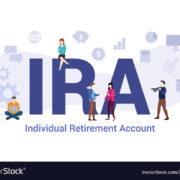
Self-employed retirement accounts, also known as self-employed retirement plans or individual retirement accounts (IRAs), are retirement savings accounts designed specifically for self-employed individuals or small business owners who do not have access to a 401(k) plan through an employer.
There are several types of self-employed retirement accounts available, each with its own unique set of rules and contribution limits. Here are some common types:
- Simplified Employee Pension (SEP) IRA: A SEP IRA allows self-employed individuals to contribute up to 25% of their net self-employment income (up to $58,000 for 2021) to a tax-deferred retirement account. Contributions are tax-deductible and earnings grow tax-free until withdrawal.
- Solo 401(k): A Solo 401(k) plan allows self-employed individuals to contribute up to $58,000 for 2021 (or $64,500 if over 50 years old) to a tax-deferred retirement account. The contribution is made up of two parts: a salary deferral contribution of up to $19,500 (or $26,000 if over 50 years old) and a profit-sharing contribution of up to 25% of net self-employment income.
- SIMPLE IRA: A SIMPLE IRA (Savings Incentive Match Plan for Employees) allows self-employed individuals to contribute up to $13,500 (or $16,500 if over 50 years old) to a tax-deferred retirement account. Employers are required to make either a 2% non-elective contribution for all eligible employees or a matching contribution of up to 3% of each employee’s compensation.
- Individual 401(k): An individual 401(k) is similar to a Solo 401(k) but is designed for self-employed individuals with no employees other than a spouse. It allows for a salary deferral contribution of up to $19,500 (or $26,000 if over 50 years old) and a profit-sharing contribution of up to 25% of net self-employment income, up to a combined maximum of $58,000 for 2021.
Self-employed retirement accounts offer several benefits, including tax-deferred growth and the ability to contribute a significant amount of money each year. However, it’s important to carefully consider the contribution limits and eligibility requirements for each type of account before making a decision. A financial advisor can help you choose the right retirement plan for your individual needs and goals.










